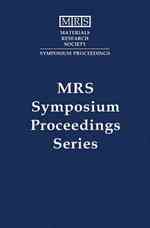- ホーム
- > 洋書
- > ドイツ書
- > Social Sciences, Jurisprudence & Economy
- > Education Science / Pedagogic
- > didactics, methodics, school education
Full Description
This volume focuses on the learning of host-country languages by migrants in Europe. It identifies, clarifies, and offers insights into issues and central questions related to the learning of host-country languages with an emphasis on adolescent and adult language learners in formal and informal settings.





